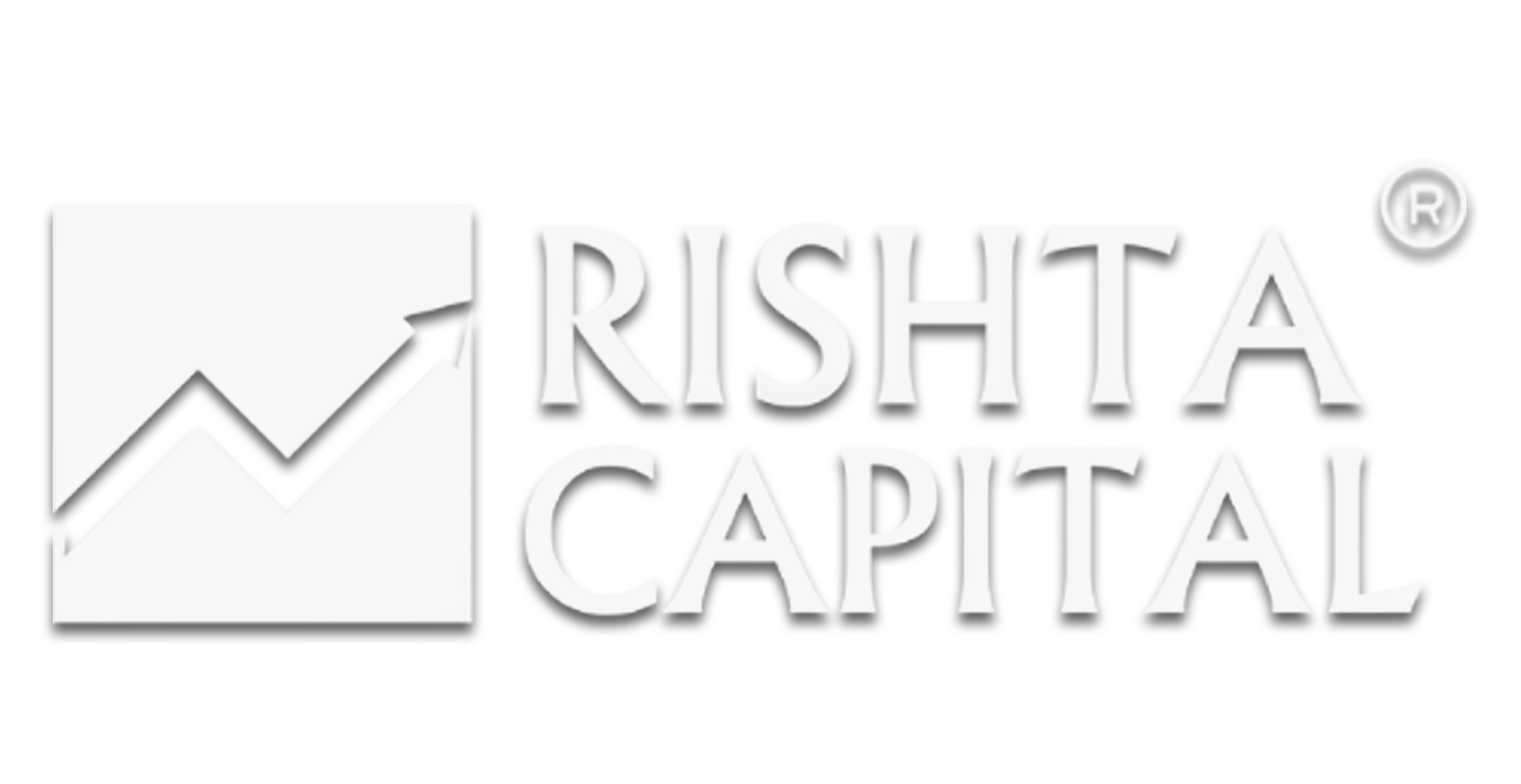Conclusion:
Mortgage loans are essential for many people who want to purchase a home but cannot afford to pay the full price upfront. While they offer the opportunity for homeownership, it is important for borrowers to understand the terms, interest rates, and repayment obligations. Carefully choosing the right mortgage type and managing the loan responsibly can help ensure a successful home purchase and long-term financial stability.
-
Principal: The original amount of money borrowed by the business to be used for its specified purpose.
-
Interest Rate: The percentage charged by the lender on the loan amount. Interest can be fixed or variable, depending on the loan type and agreement.
-
Loan Term: The period over which the business must repay the loan. This can range from a few months to several years, depending on the loan agreement.
-
Repayment Schedule: The frequency and amount of payments to be made by the business. This can be monthly, quarterly, or based on another agreed-upon schedule.
Types of Business Loans:
-
Term Loan: A traditional loan with a fixed repayment period and interest rate. Businesses receive a lump sum and repay it in installments over a set term.
-
Small Business Administration (SBA) Loan: A loan guaranteed by the U.S. Small Business Administration, designed to help small businesses secure financing at favorable terms, often with lower interest rates and longer repayment periods.
-
Working Capital Loan: A short-term loan to help businesses cover day-to-day operational expenses, such as payroll, inventory, or rent.
-
Invoice Financing: A type of short-term borrowing where businesses use outstanding invoices as collateral to obtain a loan. It helps businesses with cash flow when they are waiting for customers to pay invoices.
-
Lines of Credit: A flexible borrowing option that allows businesses to draw funds up to a certain limit as needed. Interest is only paid on the amount borrowed, and the business can access funds multiple times.

